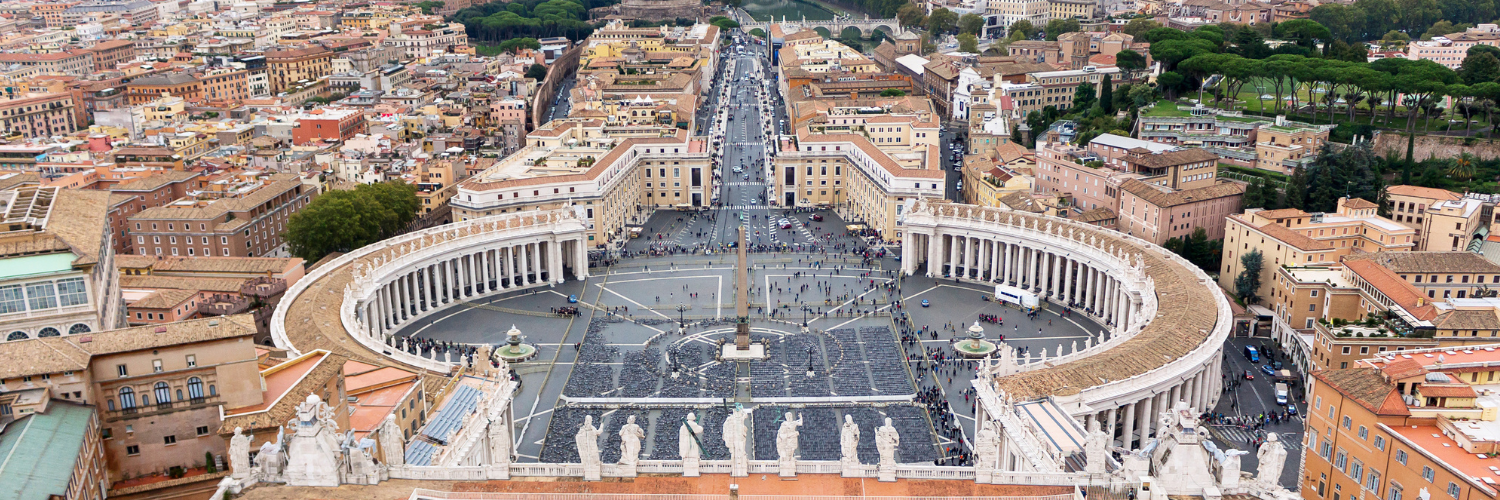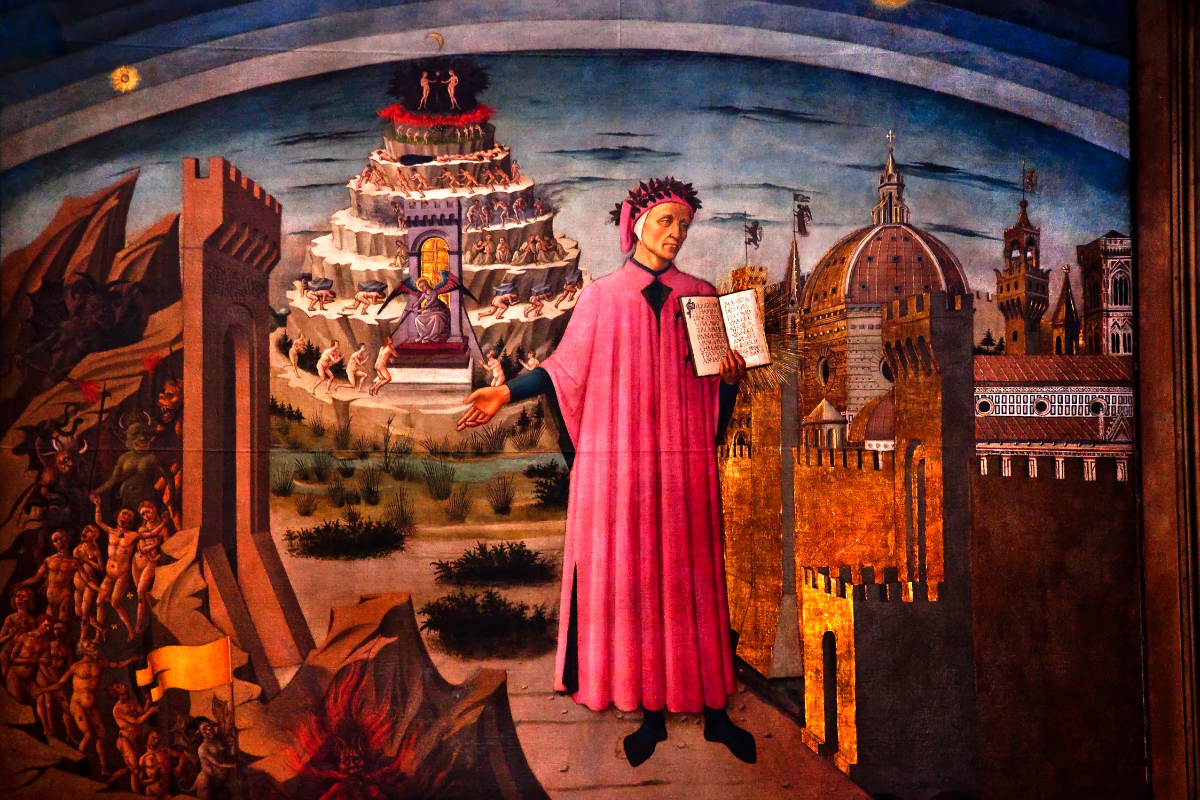

When the Church forbided banking interest
Leaving money to a Christian for his own benefit was considered usury, so loans could only be made to enemies in times of war. Loans condemned bankers to hell because they involved a double sin: stealing money from your brother and stealing time to repay the loan. And time only belongs to God.
The interest that bankers charge on the money they lend is at the heart of the banking business and has always been controversial. Currently, it is because money is created from nothing using the loan as an asset, as we explained in the first chapter of the El Diner series. But centuries ago, the discussion was moral: the Church considered usury. The Old Testament, in Exodus, was clear when it said: “If you lend money to any poor person of my people who lives with you, do not treat him like a moneylender, nor pay him interest” (Exodus 22: 24). The essential idea was clear, it was not right to enrich oneself with the needs of others. This precept directly attacks, therefore, the waterline of the banking business.
Towards the 12th century, the banking business began to flourish, but the Church continued to condemn bankers to hell. In the opinion of the ecclesiastics of the time, usury was a double sin because you were usurping money from a Christian, but you were also stealing the time that he should invest to earn that money that he should return to you. And there was one of the big problems: time only belonged to God. Therefore, with the interest on the loans, the bankers were robbing an equal and God.
The Jewish opportunity
The Church, therefore, prohibited loans with interest between Christians. They could make enemies, with the idea of weakening them. Christians could not make loans to Jews either, because the Church considered them brothers. In this way, so to speak, the market of potential clients for Christian bankers was significantly reduced. And it was, precisely, the Jews who took advantage of that market niche. It was then that their fame as lenders skyrocketed, placing themselves at the centre of the financial business ever since. They had no such qualms: they lent money to anyone who asked for it, in exchange for interest. All of this ended up forcing the Church to rectify. And she did it in a very ingenious way: creating Purgatory.
Bankers’ Purgatory
It was evident that the Church had lost a business opportunity for Christianity. But the potential bankers had no desire to go to hell. At that time, loans were seen as a way to take advantage of the weak and not as a way to allow someone to pursue an idea. That is to say, evidently, the concept of productive loans or entrepreneurs did not exist. In any case, the Church rectified it by creating Purgatory. The bankers would no longer be condemned to eternal Hell, but to a place where they would be temporarily until they could purge their sins and enter Heaven. The measure was based on the Tractatus de Purgatorio Sancti Patricii by the Irish clergyman H. de Saltrey, which explained the journey of a knight to purge his sins.
This is how the Church sought to accommodate usury and loans within the Faith. The idea spread among the clergy during the 13th century: bankers could now save themselves, and the Church began to build a much closer relationship with the power of money.
Leave a Reply
You must be logged in to post a comment.






Molt bon article.
Gràcies
Després dels pèrfids jueus venim els pèrfids comerciants catalans.Arremengar-se per a guanyar-se la vida i no viure de la rifeta és mal vist.
Això sembla, Mercè, però no és de calaix l’exterminació humana que fan, amparant-se amb Hammas… Molt parlar del nazisme i ells fan el mateix. Moltes gràcies pel teu comentari, Mercè!!!
Així és la història….els jueus podien manegar els diners cosa prohibida als cristians i així els ha quedat la fama. Un prejudici que encara perdura
Ja és així, ja, però jugar amb els diners, avui en dia ho fan els jueus, i també els cristians i totes les altres religions… Moltes gràcies pel teu comentari, Francesc!!!
gràciess
Gràcies a tu, Joan!!!